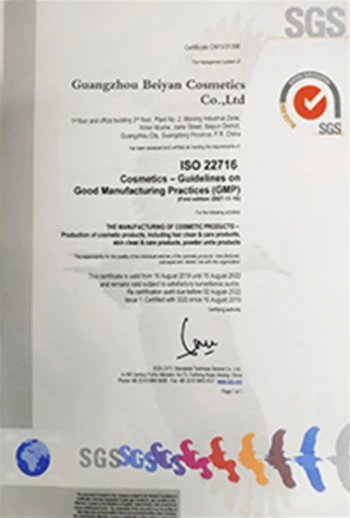



Exploring the Benefits and Uses of Chlorine Dioxide in Water Treatment and Disinfection
Chlorine dioxide (ClO2) is a chemical compound that has garnered significant attention for its wide-ranging applications and unique properties. A pale yellow to reddish gas at room temperature, chlorine dioxide is a powerful oxidizing agent with remarkable efficacy in various fields, including water treatment, food processing, and disinfection.
Primarily, chlorine dioxide is renowned for its role in water treatment. It is used to disinfect drinking water, effectively eliminating bacteria, viruses, and protozoan cysts, such as Giardia and Cryptosporidium. The use of ClO2 in water purification offers several advantages over traditional disinfectants like chlorine. For instance, it does not form harmful by-products, such as trihalomethanes (THMs), making it a safer choice for public health.
In the food industry, chlorine dioxide is employed as a sanitizing agent
. It is effective in reducing microbial contamination on fruits, vegetables, and surfaces in food processing facilities. The compound helps prolong the shelf life of food products by minimizing spoilage caused by bacteria and molds. Furthermore, its rapid action and ability to penetrate biofilms—layered colonies of microorganisms—make it an ideal solution for maintaining hygiene standards in food preparation and storage.chlorine dioxide

Chlorine dioxide also plays a significant role in industrial applications. It is utilized in the pulp and paper industry for bleaching purposes, providing a cleaner alternative to elemental chlorine. This application not only enhances the quality of the final product but also reduces environmental impact by lowering the production of harmful chlorinated compounds.
Despite its numerous benefits, the use of chlorine dioxide is not without controversy. There have been instances where it has been misused as a miracle cure for various ailments, particularly during public health crises. Such claims are not scientifically substantiated and have led to adverse health effects, emphasizing the importance of adhering to regulatory guidelines when using the compound.
In conclusion, chlorine dioxide is a versatile and effective compound with essential roles in water treatment, food sanitation, and industrial processes. While its benefits are clear, responsible usage and adherence to safety regulations are paramount to harnessing its full potential without jeopardizing public health. As research continues to unfold, chlorine dioxide may further establish itself as a vital component in promoting hygiene and safety across various sectors.
-
Sodium Chlorite Hot UsesNewsJul.01,2025
-
Sodium Chlorate ApplicationsNewsJul.01,2025
-
Smart Use Of Sodium ChloriteNewsJul.01,2025
-
Power Of Sodium BisulfateNewsJul.01,2025
-
Potassium Monopersulphate & Sodium Chlorite: Key to Effective Cleaning SolutionsNewsJul.01,2025
-
Pool Water Treatment GuideNewsJul.01,2025
-
Why Strontium Carbonate Still MattersNewsJun.06,2025










